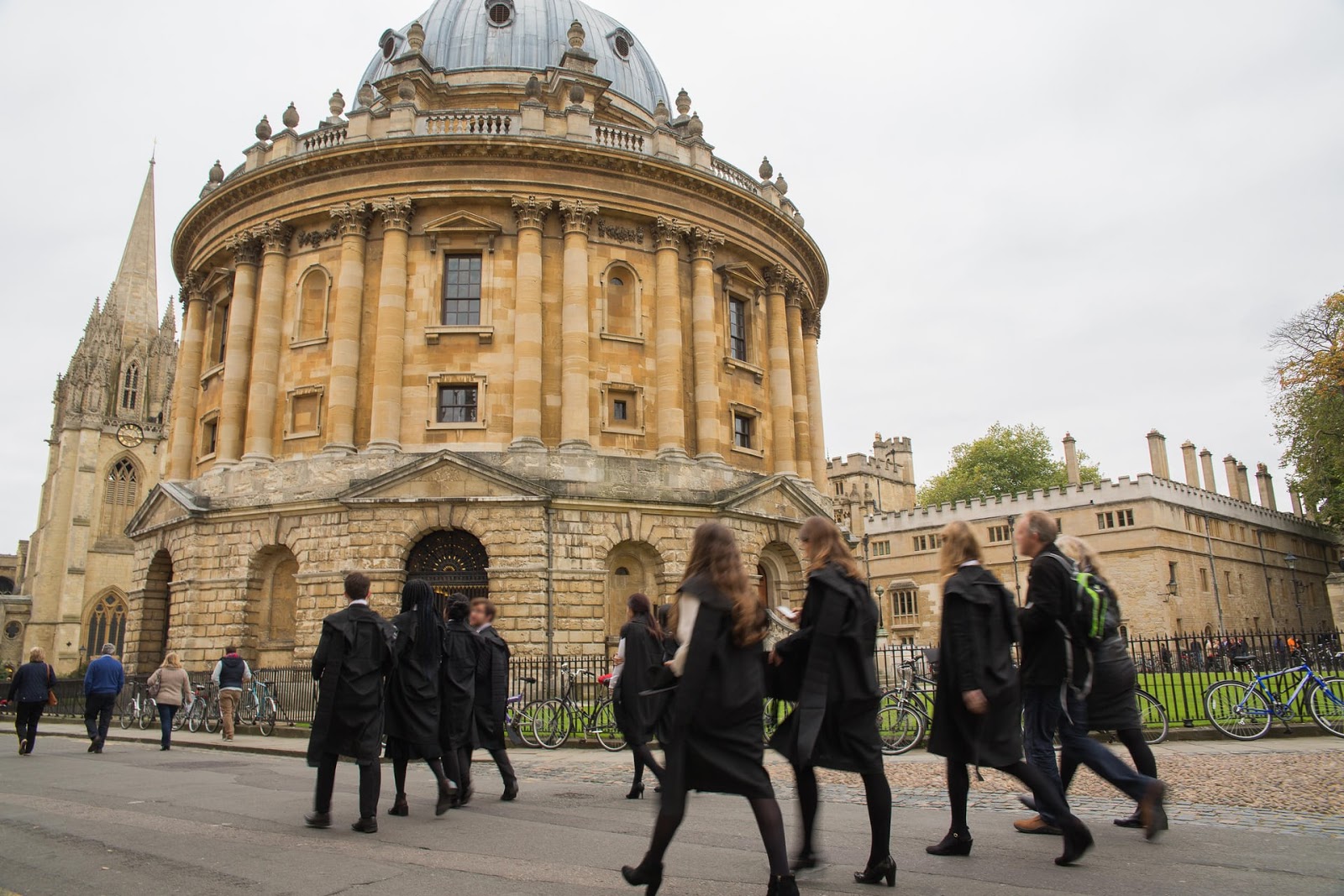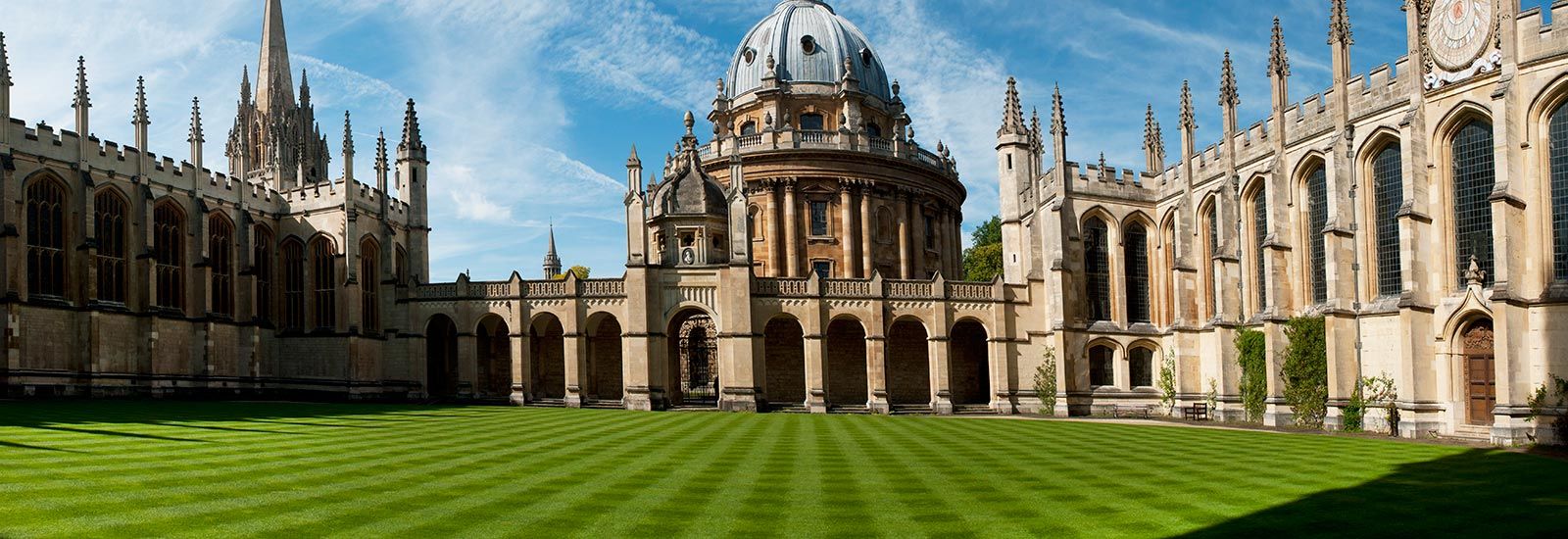The University of Oxford is one of the most prestigious and well-known universities in the world. With a rich history dating back over 900 years, Oxford has been a hub for academic excellence, groundbreaking research, and influential alumni. But what makes this institution truly remarkable? It’s not just its long history or reputation—it’s the unique blend of tradition, innovation, and an unwavering commitment to education. In this article, we’ll take a deep dive into what makes the University of Oxford such an extraordinary place.
The History of the University of Oxford
Oxford’s history is as old as the concept of modern higher education itself. Founded in the 12th century, Oxford is the oldest university in the English-speaking world. It started as an informal group of scholars who gathered in the town of Oxford to learn and teach, gradually growing into the formal institution we know today.
Several key events shaped Oxford’s history. For instance, in 1167, King Henry II banned English students from studying at the University of Paris, leading to a significant increase in students at Oxford. Over the centuries, Oxford weathered political and religious upheavals, emerging each time as a stronger institution. Its resilience in the face of adversity is a testament to its enduring commitment to scholarship.
Oxford’s Collegiate System
One of the defining features of the University of Oxford is its collegiate system, which sets it apart from many other universities. Rather than being a single centralized institution, Oxford is made up of 44 independent colleges and halls, each with its own culture, history, and academic focus. These colleges provide accommodation, dining, and social spaces for their students while also offering personalized academic guidance.
Some of the most well-known colleges include Christ Church, Magdalen College, and Balliol College. Each college has its own distinct identity, and students often feel a deep loyalty to their college, creating a sense of community within the larger university.
Academics and Programs at Oxford
Oxford offers a wide array of academic programs, catering to students across disciplines. Undergraduate degrees typically last three to four years, covering a broad range of subjects from the humanities and social sciences to medicine, engineering, and the natural sciences.
Oxford is also renowned for its graduate and research programs. With over 120 master’s and doctoral degrees available, students can engage in cutting-edge research alongside world-leading academics. One of Oxford’s strengths lies in its interdisciplinary approach, allowing students to explore connections between seemingly disparate subjects.
Notable Alumni of the University of Oxford
One of Oxford’s most impressive claims to fame is its roster of distinguished alumni. Many world leaders, scientists, writers, and artists began their journeys at Oxford. For instance, Margaret Thatcher and Tony Blair, two of the UK’s most famous Prime Ministers, both studied here.
The scientific world has been shaped by Oxford alumni such as Stephen Hawking, whose work in theoretical physics changed our understanding of the universe. In the arts, Oscar Wilde and J.R.R. Tolkien left lasting marks on literature. The legacy of Oxford alumni stretches far and wide, influencing countless areas of global society.
Research at Oxford
Research is a cornerstone of Oxford’s mission. It is consistently ranked among the top research institutions in the world. From medical breakthroughs to advancements in quantum computing, Oxford researchers are at the forefront of scientific and academic innovation. The university collaborates with institutions worldwide, fostering a global research community.
Notable research centers include the Oxford Internet Institute and the Nuffield Department of Medicine, both of which have produced cutting-edge work in their respective fields. Oxford’s contributions to society aren’t limited to the UK—they have a truly global impact.
Admissions Process at Oxford
Getting into Oxford is no small feat. The admissions process is highly competitive, and applicants need more than just good grades to succeed. For undergraduates, Oxford looks for students with a passion for their subject, critical thinking skills, and academic potential. This is tested through a rigorous application process that includes written exams, interviews, and, of course, top-notch grades.
Graduate admissions are equally demanding. Prospective students must demonstrate a strong academic background, often including previous research experience. The interview process is an integral part of admissions for both undergraduates and graduates, allowing tutors to assess candidates beyond their exam scores.
Student Life at Oxford

Oxford may be renowned for its academics, but the student life is just as vibrant. With hundreds of student societies, ranging from sports clubs to arts and cultural groups, there is something for everyone. Oxford’s rich extracurricular culture fosters creativity and leadership, helping students develop outside the classroom.
One of the most unique aspects of life at Oxford is the tradition of formal dinners and events, particularly within colleges. Students dress in their academic gowns, and the sense of history and ceremony is palpable.
The Oxford Tutorial System
The tutorial system is one of the defining features of an Oxford education. Unlike traditional lectures and seminars, tutorials involve one or two students working closely with a tutor, often a leading expert in the field. This allows for a highly personalized and intensive learning experience, where students can dive deep into their chosen subjects.
For many, the tutorial system is one of the biggest draws of studying at Oxford, offering unrivaled academic support and the opportunity to engage in intellectual debates.
International Students at Oxford
Oxford attracts students from all over the world. In fact, about 45% of Oxford’s students come from outside the UK, making it a truly international community. The university offers extensive support to international students, from help with visas to academic mentorship, ensuring that everyone feels welcome.
There are also opportunities for international collaboration and exchange, with Oxford maintaining partnerships with universities across the globe.
Oxford’s Contribution to Global Society
Oxford’s influence reaches far beyond academia. Many of its alumni have shaped the world, and its research continues to address global challenges. From tackling climate change to developing new technologies, Oxford is actively contributing to a better future.
Famous Landmarks in Oxford
The city of Oxford is home to some of the most iconic landmarks in the world of education. The Bodleian Library, one of the oldest libraries in Europe, houses millions of books and manuscripts. The Radcliffe Camera, with its distinctive dome, is another well-known symbol of Oxford.
Visitors often explore Christ Church College, which served as a filming location for movies like Harry Potter. The architecture of Oxford is a blend of medieval, Gothic, and modern styles, reflecting the university’s long and evolving history.
Oxford in Popular Culture
Oxford has captured the imagination of writers and filmmakers for centuries. From Lewis Carroll’s Alice in Wonderland to the magical world of Harry Potter, Oxford’s buildings and traditions have served as inspiration for fictional settings. Films like The Golden Compass and X-Men: First Class have also used Oxford’s stunning architecture as a backdrop.
Challenges Facing Oxford Today
While Oxford’s prestige is undeniable, the university faces challenges in maintaining its balance between tradition and modernity. Issues like affordability and access to education for underrepresented groups are at the forefront of discussions. As Oxford strives to remain inclusive and forward-thinking, it must grapple with the challenges of the modern world while preserving its rich heritage.
Conclusion
The University of Oxford remains a global leader in education, research, and innovation. Its unique blend of tradition, academic rigor, and student life continues to attract some of the brightest minds from around the world. As Oxford moves into the future, it does so with a strong foundation built on nearly a millennium of excellence.
FAQs
1. What is the oldest college at Oxford?
- University College, Balliol College, and Merton College all claim to be the oldest, with origins tracing back to the 13th century.
2. How hard is it to get into Oxford?
- Oxford is highly selective, with acceptance rates typically around 17%, making it one of the most competitive universities globally.
3. Does Oxford offer scholarships?
- Yes, Oxford offers various scholarships, including the prestigious Rhodes Scholarship for international students.
4. What makes Oxford different from other universities?
- Oxford’s tutorial system, its collegiate structure, and its blend of tradition with cutting-edge research make it unique.
5. Is Oxford only for academic high achievers?
- While academic excellence is important, Oxford also values creativity, critical thinking, and a passion for learning, so well-rounded individuals thrive here.
